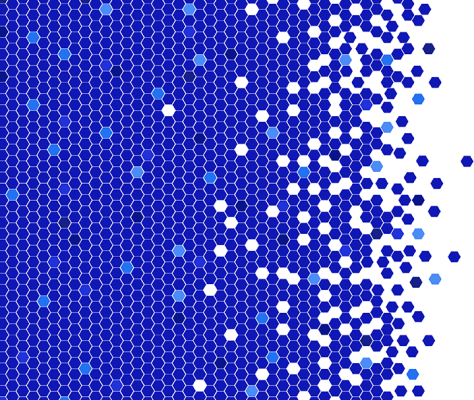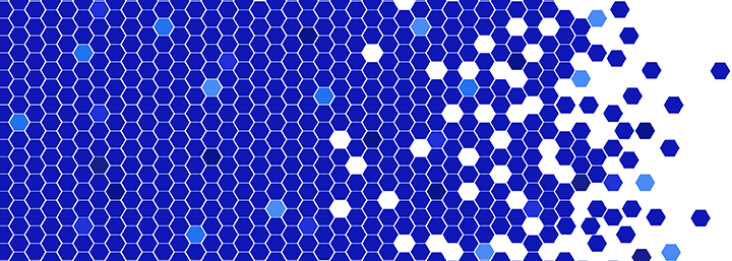A year ago, the concept of AI agents felt like a distant dream, confined to the realms of science fiction. Today, that future is not only here, but it’s also private, secure, and ready to be deployed within your enterprise.
MuleSoft’s Anypoint Private Cloud Edition (PCE) platform, with the latest generally available version 4.1.2, is revolutionizing how organizations build and run private agentic AI systems by adding robust support for Model Context Protocol (MCP) and Agent2Agent (A2A) protocol, powered by Mule Runtime version 4.9.
The power of private agentic AI in PCE
Agentic AI refers to autonomous software agents that can make decisions, perform tasks, and interact with other systems to achieve specific goals. When these agents, LLMs, applications, and data sources are deployed and integrated within a private, air-gapped PCE environment using MCP and A2A protocols, they become the ideal, standards-based platform for sensitive operations, regulatory compliance, and mission-critical applications. Here’s why:
- Unparalleled security: All communication and data processing occur within your isolated PCE environment, adhering to the strictest security and compliance requirements. This ensures your sensitive data remains protected.
- Complete control: You maintain full control over your AI agents and their interactions, ensuring they operate precisely according to your specific policies and regulations.
- Future-proofing: By leveraging this advanced infrastructure, you lay the groundwork for sophisticated agentic AI solutions, enabling your organization to innovate securely and efficiently.
Model Context Protocol (MCP): Bridging AI and your systems
MCP is an open standard that empowers AI clients, such as Claude or Cursor, to call your APIs “tools”. In the MuleSoft context, MCP helps transform your Mule flows into AI-accessible functions. For example, here’s how a weather AI agent can be built leveraging existing APIs to retrieve weather data:
AI: "What's the weather in Boston?"
↓
MCP Server: [calls get-weather tool]
↓
Mule Flow: [integrates with OpenWeatherMap API]
↓
AI: "It's 62°F and partly cloudy."The MuleSoft MCP Connector allows you to create Mule applications that function as both an MCP server and a client, running securely within your PCE Environment. For detailed information, refer to the MuleSoft MCP Connector Documentation.
Agent-to-Agent (A2A) protocol: Enabling AI collaboration
A2A facilitates seamless collaboration between multiple AI agents by enabling them to discover each other and communicate using JSON-RPC 2.0. Imagine a travel AI agent interacting with a weather AI agent:
[Travel Agent] → "I need weather for Paris"
↓
[Weather Agent] → Returns forecast
↓
[Travel Agent] → "Based on rain forecast, suggesting indoor museums"The A2A Connector provides Mule app integration, allowing your applications to function as both A2A servers and clients. For more information, consult the MuleSoft A2A Connector documentation.
Your first agent on PCE
Ready to build your own agentic AI use case? Here’s a high-level overview of the steps involved:
Step 1: Environment setup
- Install Anypoint Code Builder (ACB) Visual Studio.
- Configure Mule Runtime 4.9.4+ with Java 17.
- Add the necessary connectors from Exchange:
- MCP Connector v1.2.1
- A2A Connector v0.4.0-BETA
Step 2: Build Your MCP/A2A Server
For MCP (AI → Your Systems):
<mcp:server-config name="Server" serverName="my-mcp-server" serverVersion="1.0.0">
<mcp:streamable-http-server-connection listenerConfig="HTTPS_Listener_config"/>
</mcp:server-config>
<mcp:tool-listener config-ref="Server" name="my-tool">
<mcp:description>What this tool does</mcp:description>
<mcp:parameters-schema>JSON schema here</mcp:parameters-schema>
<mcp:responses>
<mcp:text-tool-response-content text="#[vars.result]"/>
</mcp:responses>
</mcp:tool-listener>
For A2A (Agent → Agent)
<a2a:server-config name="A2A_Config">
<a2a:connection listenerConfig="HTTPS_Listener_config" agentPath="/my-agent"/>
<a2a:card name="MyAgent" url="http://your-server:8081/my-agent/" version="1.0.0" protocolVersion="0.4.0">
<a2a:description>Agent description</a2a:description>
<a2a:skills>
<a2a:agent-skill id="1" name="mySkill">
<a2a:description>Skill description</a2a:description>
</a2a:agent-skill>
</a2a:skills>
</a2a:card>
</a2a:server-config>
<a2a:task-listener config-ref="A2A_Config"/>Step 3: Deploy to PCE
Package your application:
mvn clean packageDeploy to PCE via Runtime Manager or directly to your Mule server.
Step 4: Configure AI client
For Cursor (~/.cursor/mcp.json):
{
"mcpServers": {
"my-mcp-server": {
"command": "npx",
"args": ["-y", "mcp-remote@0.1.17", "https://your-pce/mcp"]
}
}
}Step 5: Test and iterate
Test your MCP tools so that your AI client will auto-discover them. And iterate to build more as needed for your agentic solution
Test A2A discovery:
curl https://your-pce/my-agent/.well-known/agent-card.json
Test A2A communication:
curl -X POST https//your-pce/my-agent \
-H "Content-Type: application/json" \
-d '{"jsonrpc":"2.0","id":1,"method":"message/send","params":{...}}'The future is agentic – and it’s here, now
The infrastructure you already trust for APIs now powers autonomous AI agent use cases. The agentic future isn’t coming; it’s here. Build your agentic AI solution on the MuleSoft Anypoint Platform and unlock a new era of secure, controlled, and innovative AI capabilities.









